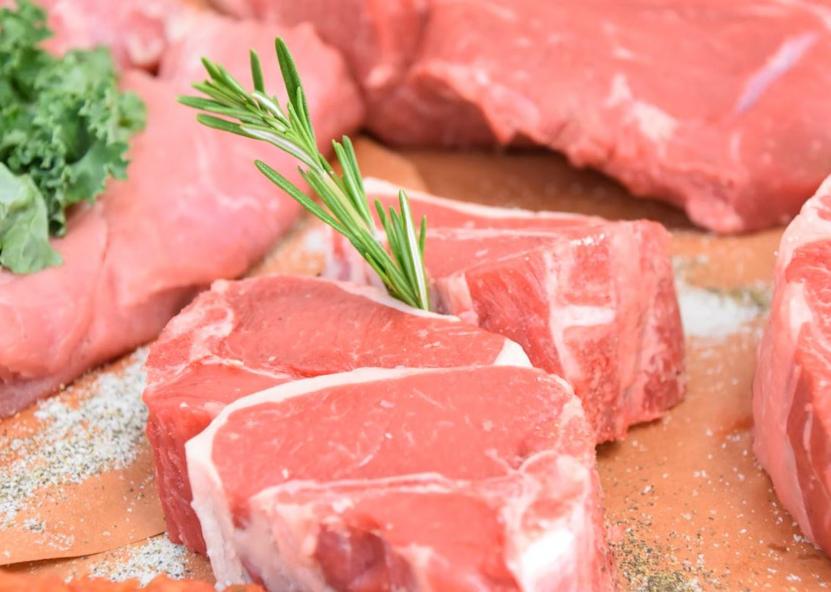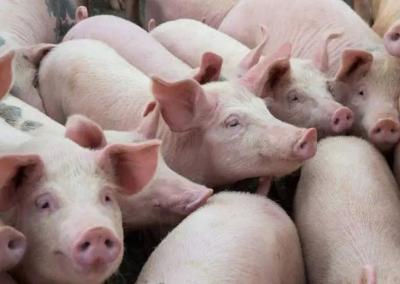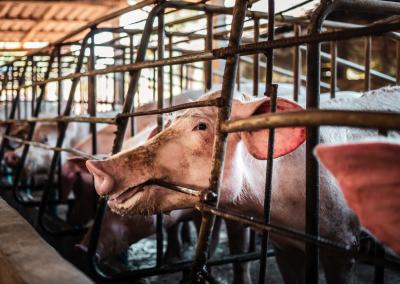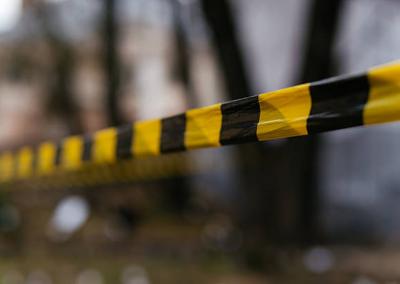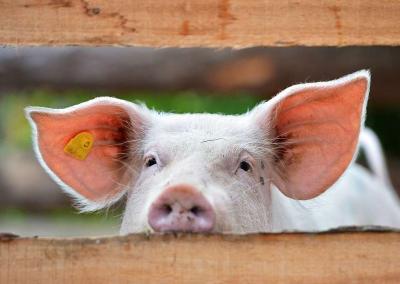African swine fever does not affect the quality of Lithuanian pig meat
After another outbreak of African swine fever (ASF) on a small pig farm in Lithuania last week, the State Food and Veterinary Service (SVVT) is clarifying to consumers that the pork supplied and available on the market in the country complies with the quality and safety requirements. When an outbreak of ASF virus is detected on a farm, all the pigs kept there are safely destroyed and their raw material does not enter the food chain.
ACM virus is a disease with a particularly high economic cost for a country. Strict requirements are in place to prevent the virus from spreading. The disease can have serious financial implications for commercial farms near the outbreaks, especially those within the restricted zones of 3 and 10 kilometres. Restrictions apply for a minimum of 30 days.
Responsibilities to ensure meat safety and quality
Under EU regulations, Lithuanian commercial pig farms apply the most stringent biosecurity measures and must comply with the rules to protect themselves from contamination. The VMVT carries out regular inspections to ensure that these requirements are implemented.
The European Commission has divided the territory of Lithuania into three zones, where certain restrictions apply to pig farmers or meat processing plants. The VMVT, like authorities in other EU countries, implements zoning to effectively control the spread of the disease.
Zone I. BSE has not been detected in either wild boar or pigs, but the area is adjacent to BSE infected areas. There are no restrictions on the movement of pigs and the highest level of biosecurity requirements are mandatory in all pig accommodation. There are no restrictions on the export of fresh pigmeat and pigmeat products. The pigmeat is marked with an oval veterinary health mark issued by the VMVT.
Zone II. ASF has been detected in wild fauna (wild boar). Export of live animals (pigs) is restricted and the highest level of biosecurity is mandatory in all pig holdings. No restrictions on exports of fresh pig meat and products. Pigmeat is marked with an oval veterinary health mark issued by the VMVT.
Zone III. ASF has been detected in wild boar and pigs. Pigs in the outbreak area shall be immediately killed and destroyed and restrictions shall apply to other pig holdings in the restriction zone. Restrictions on trade in live pigs; movement of pigs to other holding places or to slaughterhouses. Pigs reared in this zone may only be slaughtered in specially approved slaughterhouses. Restrictions apply to the export of pigmeat and pigmeat products (subject to separate authorisation). Pigmeat is also labelled with an oval veterinary health mark, but with two additional dashes – this means that the product is safe, of good quality and can be sold on the Lithuanian market.
At present, part of the municipalities of Joniškis, Radviliškis, Kelme, Raseiniai and Šiauliai districts, where outbreaks of ASF have occurred this year, are included in Zone III, the strictest ASF restriction zone.
The safety of the products is confirmed by the signs
Regardless of the zone where the pig meat was produced, the meat sold on the Lithuanian market complies with the requirements. Controls are carried out in several stages to ensure that safe products reach the shelves. Once the raw material has passed from the farm to the slaughterhouse, it is inspected and labelled accordingly. This is ensured by the official veterinary health marks of both types, which certify that the pigmeat comes from healthy pigs and that the health status of the pigs has been systematically checked, both on the farm and at the time of departure from the farm, as well as at the slaughterhouse, before and after slaughter.



































































































